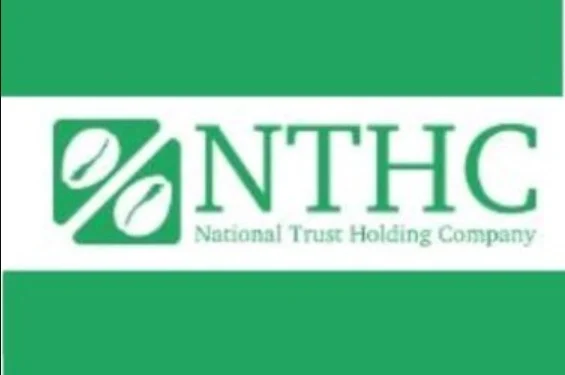Customers, including many state-owned organisations, have renewed their call on the National Trust Holding Company (NTHC) to release their locked-up funds running into several millions of Ghana cedis.
Over GH¢500 million of investors’ funds are locked up at the NTHC, making several distressed investors of the firm wonder when their investment will be unlocked at the NTHC.
Workers of Ghana Oil (GOIL), including retired staff who have about GH¢ 30 million locked up at NTHC, have threatened legal action if the investment fails to pay them their money within a stipulated timeline.
NTHC under pressure: Workers of GOIL threaten legal action for GH¢30m
NTHC asks for GH¢500m bailout — RCBs, retail investors potential beneficiaries
The workers, who number about 120, said in an interview that since 2020, NTHC had unilaterally discontinued the investment of the funds in various instruments and had, therefore, stopped the payment of interest to depositors.
Management of NTHC have confirmed the company’s indebtedness to the staff of GOIL and other clients but said the investment firm was engaging the government for some support.
Contract
But the workers of GOIL, in a letter to NTHC signed by their lawyer, Stephen Gyaben, said the decision taken by the investment firm to stop payment was a breach of contract.
“All attempts by the affected investors to retrieve their money have not been successful. For the past two years or so, all that the management of NTHC has done is to give unfulfilled promises of paying the investors their money”.
“I therefore have my clients instructions to demand payment of their money within fourteen (14) days from the date of this letter failing, which they deserve the right to take all legal steps to have their money paid to them”, the letter concluded.
But Managing Director of NTHC, Isaac Charles Acquah, who confirmed the company’s indebtedness to its clients in an interview, said management was aware of the situation and working towards resolving it.
“With respect to GOIL, because of the quantum involved, management held a meeting with the staff of GOIL to discuss the effort being made to get their money paid to them.
“We are not happy about it and we recognise the pain we are putting them through; we are not ignoring them because I led my management team to meet them”, Mr Acquah said.
Halfway
When asked whether NTHC could not meet the workers halfway, he said the money that NTHC raised occasionally was so small relative to the exposure to GOIL.
He explained that whatever NTHC raised by way of cash was used to settle those whose investment was not so substantial.
“There are others whose money is small, so if I manage to pursue those who owe us, the little I am able to raise, I pay those whose money is small.
“The little money I am able to raise from those who owe us, may not mean anything to the staff of GOIL because of the quantum of their money, they may even get angry with you but the same GH¢150,000 can be used to settle about 50 or 80 people”, he said.
Unfair
“I agree, this policy of making payment to the small investors is rather becoming unfair to those whose money is big because it may appear like you are always not putting them in your plans”, he said.
“We have engaged the government extensively on this matter and we are confident that something positive may come out of the engagement”, he added.
Early this year, NTHC requested an urgent bailout from the government to enable it to meet its indebtedness to rural and community banks (RCBs) across the country.
The GH¢500 million bailout request is also expected to help the trust to settle its numerous retail customers, who have been victims of its liquidity crunch since 2019.
The company’s debt overhang has its roots in the financial sector clean-up exercise that occurred in August 2017.










Discussion about this post